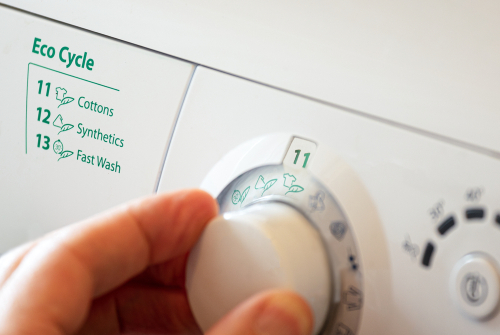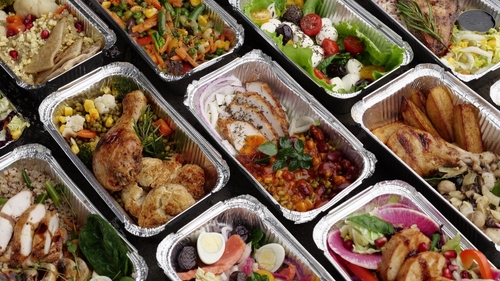With the cost of living rising all over the world, many are feeling the pinch.
Finding new ways to try to get money to stay in your account or at least not have it leaving so fast can be exhausting. However, there may be some areas that you have not thought of or have unintentionally missed in your search to hang on to enough money to survive on.
#1 Switch utility suppliers
Many utility suppliers offer amazingly good rates to have a customer swap from a competitor to their own services. Of course, these deals will only last for a period of time before they, too, revert back to their former level. Knowing and keeping an eye on this important time frame could save you money, although you may feel that continually switching is too much effort in your quest to save money.
This is where it is a good idea to use comparison websites. You will only have to enter your details once and will be supplied with an accumulation of different deals that could be exactly what you are looking for. However, it is important that you make sure the service level that you are offered is the same as the one you have; otherwise, you could be saving money but at the expense of receiving a far lesser deal.
#2 Wash laundry in cool temperatures

You would be surprised by the amount of difference that can be gained from washing your laundry at cooler temperatures as well as ensuring that you are washing a full load rather than a half load. Both of these scenarios save energy. This is the energy that would be spent heating up the water as well as additional energy spent washing multiple half loads or less.
Most laundry washes fine at a cool 86 degrees F (30 degrees C), in fact, studies show that laundry is better for being washed at these cooler temperatures as it reduces the risk of shrinkage and color fading as well as lowers the number of pollutants entering into the water system.
#3 Bulk cook meals

Bulk-cooking meals can also save you money. This is a two-fold saving as you will be saving on heating your oven or hob for one period of time across a span of up to two weeks (maybe longer, depending on how many meals you decide to make in one cooking session). Of course, you will inevitably be using the microwave to reheat the meals, but this does not take as much energy or cost as much as cooking a whole meal using a cooker.
The other saving is in the ingredients themselves. By setting aside one day to complete all the cooking your household will require for a week or two and having the menus already devised, you will only be purchasing ingredients for those meals and, more importantly, using them. This will cut down on the amount of food wastage that your home usually has, and you will be able to save by bulk purchasing.
In most stores, you will find that there is a saving to be had from buying larger packets. For instance, you will get more for your money. Of course, if you do not use it all, it is not a saving but a waste. However, bulk purchasing ingredients that are dried, such as wholesale garlic, will have a long shelf life and will therefore be a good use of your money, especially if you use it often in your cooking.
#4 Turn electrical appliances off when not in use
It is a bad habit that has been formed over many years in most households, and that is to leave electrical appliances on rather than switch them off. Of course, this is not to say that they are on and working but more resting in a standby position. Indeed, many think that this status is as good as being switched off, whereas, in reality, the units on standby are still using electricity while they are waiting to power up.
Getting into the habit of switching electrical items off at the wall or even unplugging them in an effort to save electricity and therefore money is a very good idea as it will also prolong the lifespan of the electrical appliance in question and protect it from getting damaged in power surges.
#5 Save water
When it comes to saving money, you need to look no further than the water that your home uses. Water is a valuable commodity all over the world and an expensive one. It should therefore be top of your list when it comes to making savings that do not just affect you and your household.
There are multiple ways in which you can save water and therefore reduce your water bill too, such as:

- Taking showers rather than baths.
- Reducing your showering times, even by minutes, can have a positive effect.
- Use short flushes on toilets where possible rather than holding the flush down for a full tank flush.
- Not leaving the faucet running while you are brushing your teeth and only turning it on to rinse your brush, fill your mouth, wash the beaker, or wipe down the sink.
A few final thoughts
Just making a few simple changes to your daily routine can have fantastic effects on your bank account and can cut household and utility bills down. Saving time in the kitchen in the evenings means that everyone will have time to relax, and utilizing comparison sites can take all the effort and stress out of making money-saving decisions. Whereas initializing and continuing to use proactive methods of saving electricity and water will also provide you with money-saving results.
Of course, at first, it may be difficult, especially if you have children, to put some of these practices into place. But over a period of time, they can become a habit and second nature. This will, of course, be highly beneficial to your children as they grow up and have families and homes of their own.





